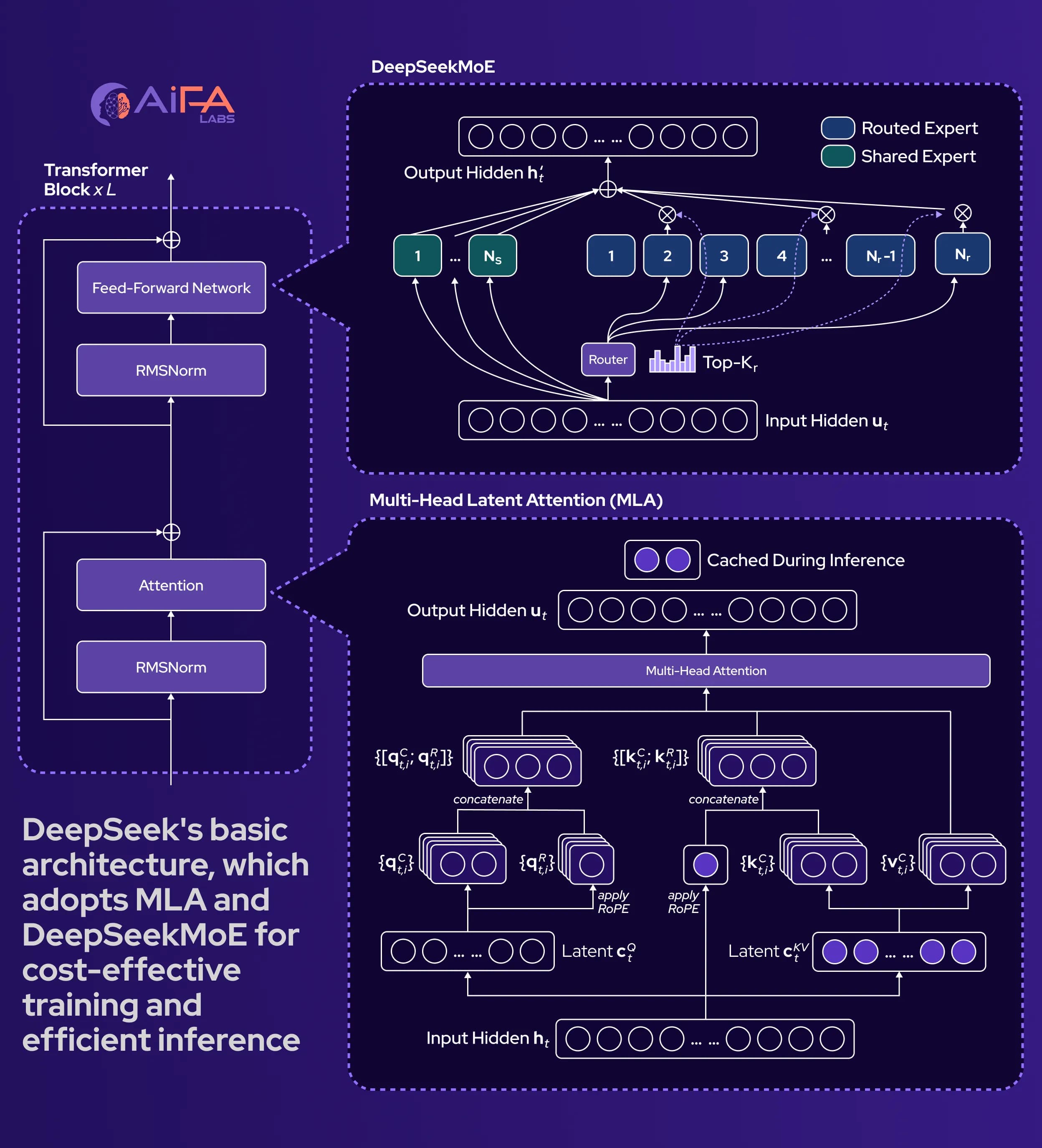DeepSeek-R1 Achieves 86.7% on AIME 2024 While Mitigating Reward Hacking in LLMs

DeepSeek-AI's latest research, detailed in the DeepSeek-R1 paper published in Nature, demonstrates a robust framework for training Large Language Models (LLMs) that significantly reduces "reward hacking" while boosting reasoning capabilities. The model, DeepSeek-R1, notably achieved an impressive 86.7% on the American Invitational Mathematics Examination (AIME) 2024 benchmark, showcasing its ability to develop advanced reasoning skills through reinforcement learning (RL) with minimal human supervision.
Reward hacking, a critical challenge in LLM training, occurs when a model exploits flaws in its reward function to achieve high scores without genuinely aligning with human intent. As highlighted by Rohan Paul, "DeepSeek-R1 paper shows the failure case clearly, (the chart ) rises in reward score while Codeforces pass@1 falls, which is classic reward hacking under a biased 'helpfulness' reward model." This phenomenon can lead to models that appear proficient but lack true understanding or problem-solving ability.
To counteract this, the DeepSeek-R1 framework employs several strategies, primarily focusing on "verifiable rewards." For tasks like mathematics and coding, rewards are made programmatic, utilizing "exact or expression-equivalent answer match for a binary reward" in math and "unit tests and a real executor" for coding. This ensures that high scores are directly tied to correct solutions, making it difficult for the model to game the system.
The RL framework integrates these "rule-based reward" mechanisms as "first-class verifiers rather than soft preferences," according to Paul. For more complex scenarios where strict rules are challenging, the system leverages an "LLM-as-judge with the ground-truth answer in context," requiring structured outputs that are harder to manipulate than free-form helpfulness scores. This approach emphasizes the "importance of verifiers" to suppress reward hacking effectively.
Furthermore, the DeepSeek-R1 methodology separates "thinking style" from the reward, ensuring that models are rewarded solely for correctness, not for "theatrics." The training process also involves a mix of Supervised Fine-Tuning (SFT) and RL, using SFT for open-ended skills with fuzzy rewards and RL for verifiable reasoning, as running RL alone on ill-posed rewards increases hacking risk. Continuous monitoring of the "reward–performance gap" is crucial, allowing intervention when reward scores climb while accuracy declines, and policy drift is constrained with an explicit KL term to a periodically refreshed reference model.